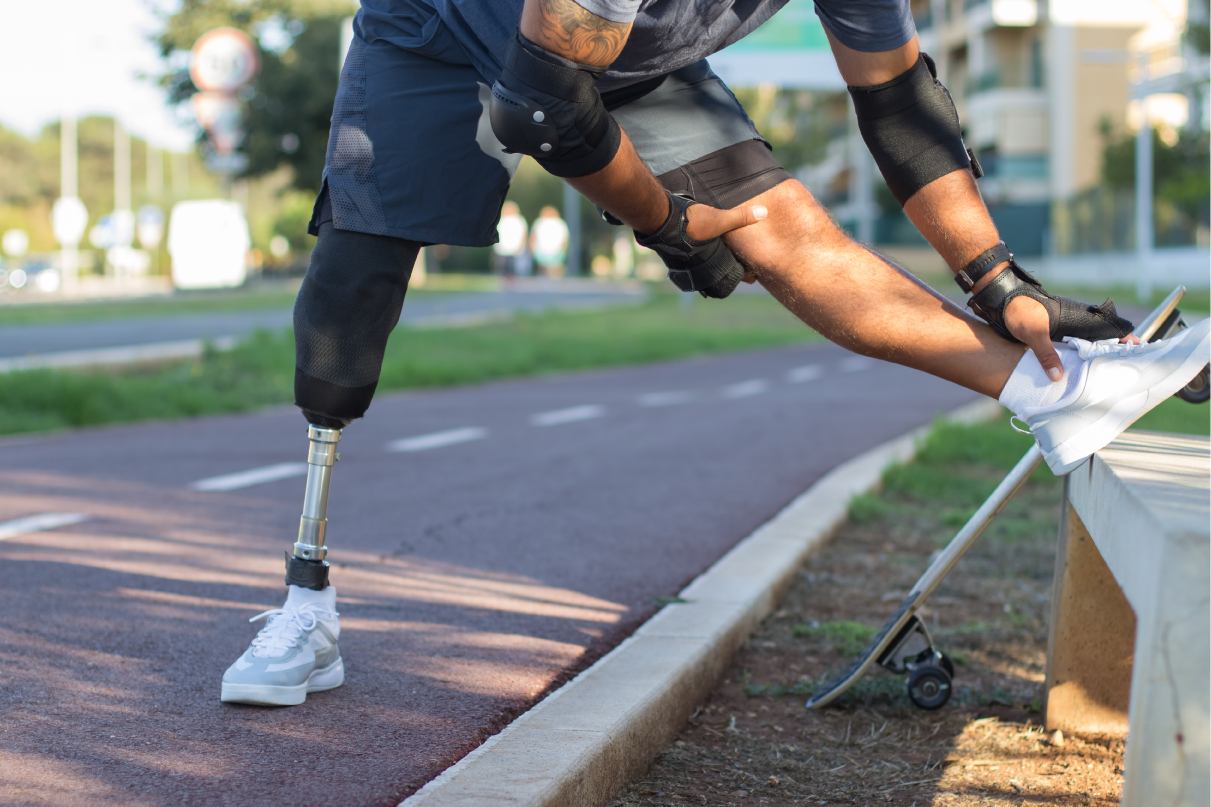Before Leg Amputation: Preparation and Key Considerations
- Home
- Before Leg Amputation: Preparation and Key Considerations
Learn what to expect when visiting the Asya Med Prosthesis and Orthosis Center. Learn More


Before Leg Amputation: Preparation and Key Considerations
Leg amputation is a serious surgical procedure typically considered as a last resort. The decision to amputate is made to improve a person’s quality of life or, in some cases, to eliminate a life-threatening condition. Before the procedure, there are several important factors to consider, and the process requires both physical and emotional preparation.
Leg amputation is usually recommended after severe trauma, circulatory issues, infections, cancer, or chronic conditions like diabetes. Physicians exhaust all other treatment options before considering amputation. However, when the leg cannot be saved or is causing further harm to the body, amputation becomes necessary.
Before the surgery, the surgeon will evaluate the patient’s overall health to ensure they can safely undergo the procedure. Blood tests, imaging scans, and a review of the patient’s medical history are conducted. The location and level of amputation are determined based on these evaluations.
If possible, it’s important to maintain the strength of the leg before surgery. Physical therapy can help strengthen muscles, which may assist with a quicker recovery during rehabilitation. This preparation can be beneficial in post-operative healing and mobility.
For many, the decision to amputate a leg can be emotionally challenging. Seeking support from a psychologist or counselor can help the individual cope with feelings of loss. Additionally, learning about life after surgery, prosthetic options, and the rehabilitation process can foster a sense of hope and control over the future.
Before the surgery, doctors assess whether the patient will be able to use a prosthetic limb. Choosing the right prosthetic is crucial for improving the individual’s post-surgery quality of life. After the procedure, the patient will enter rehabilitation to prepare the residual limb for the prosthesis, with professional guidance throughout the process.
Having a strong social support network is vital for physical and emotional recovery both before and after the surgery. Family members can provide crucial emotional encouragement, helping the patient feel less isolated and more empowered to navigate the journey ahead.
While the decision to amputate a leg is a difficult one, with the right preparation and support, the individual’s quality of life can improve significantly. Pre-surgery physical and emotional readiness is key to easing the process and ensuring a smoother recovery after the operation.